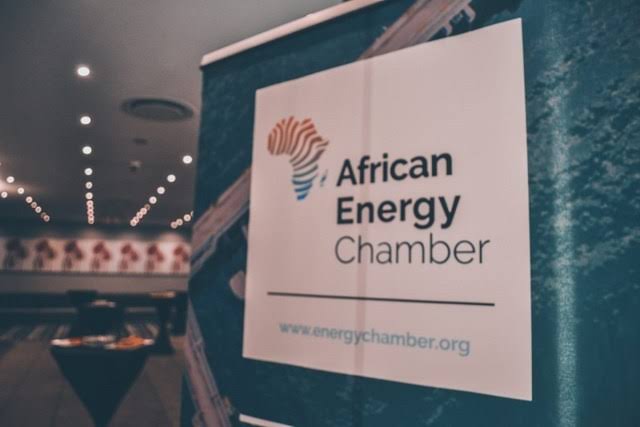Small African Agribusinesses Use Tech to up Their Game
Agritech solutions and digital marketing can help empower agricultural startups. As literacy increases in rural areas and infrastructure improves, young farmers and agri-processors working with the International Trade Centre (ITC) can integrate new tech solutions into their operations.
ITC’s Alliances for Action, under the Netherlands Trust Fund V (NTF V) programme, has partnered with Bopinc, which works on tech solutions for businesses, to close the gap between small agribusinesses and the tech sector. They’re working with small and medium-sized processors of cocoa in Ghana, coffee in Ethiopia, and cashews and other crops in Senegal.
The goal is to upscale their operations to generate better profits, improve incomes, and create more jobs by processing local crops in-country.
read also Fawry Partners with Hulul and WideBot to Boost SMEs Through Innovative Fintech Solutions
Activities focus on market research, product development, sustainable processing, packaging, marketing, and developing targeted commercial linkages. To ensure a holistic approach, tech tools and platforms are integrated into business operations.

This also prepares small businesses for the new EU Corporate Sustainable Due Diligence Directive (CS3D) through more precise data collection, greater transparency, and improved traceability.
Ready, game, set and match: Agritech pilots are underway
Grounded in a tested methodology and a participatory approach, Bopinc assessed the digital needs of selected businesses in Ghana, Ethiopia and Senegal to match them to service providers.
They found that the businesses need to digitalize their processes through enterprise resource planning (ERP) systems. That allows for more transparency and traceability of operations to comply with rules like the EU CS3D directive.
read also Cameroonian Fintech Startup Koree Secures New Investment to Revolutionize Retail Payments
In Senegal, cashew nut processor Zena was matched with tech solutions tailored to improve the competitiveness and market access of their ‘made in a Senegal’ operations. These target local consumers who want local products – a nascent trend that is rapidly growing in Dakar.
In Ghana, the pilot involves a Fair Trade-certified farmer cooperative, the Kuapa Kokoo Cooperative Cocoa Farmers and Marketing Union Limited (KKFU). This collaboration promises to usher in a new era of digitalization and technological advancements, offering exciting possibilities for KKFU’s 100,000 cocoa farmers.
In Ethiopia, the pilot is currently underway, with a focus on setting up an automated system to track the coffee production and increase efficiency of the Bench Maji Coffee Farmers’ Cooperative Union, which has 21,000 farmer members.
A second pilot in Ethiopia will match the Oromia Coffee Farmers’ Cooperative Union with tech company AgUnity to develop co-op manager systems that also targets compliance with EU legislations.
The GPS coordinates of 3,000 farmers from four primary cooperatives have been registered. GPS is a key tool to comply with the EU’s regulation on deforestation-free products.
The businesses will also have access to a directory of digital tools created in Ethiopia – a groundbreaking initiative that ITC aims to replicate across other countries.
read also Egyptian Healthtech Chefaa Secures $5.25 Million Investment for Saudi Expansion
The pilots are conceived to be sustainable beyond the life of the project as they benefit from co-funding from the beneficiaries. The pilots are part of capacity building to business service organizations to ensure transfer of know-how and tools at the national level in support of digital transformation of the agribusiness sector.
Kelechi Deca

Kelechi Deca has over two decades of media experience, he has traveled to over 77 countries reporting on multilateral development institutions, international business, trade, travels, culture, and diplomacy. He is also a petrol head with in-depth knowledge of automobiles and the auto industry










